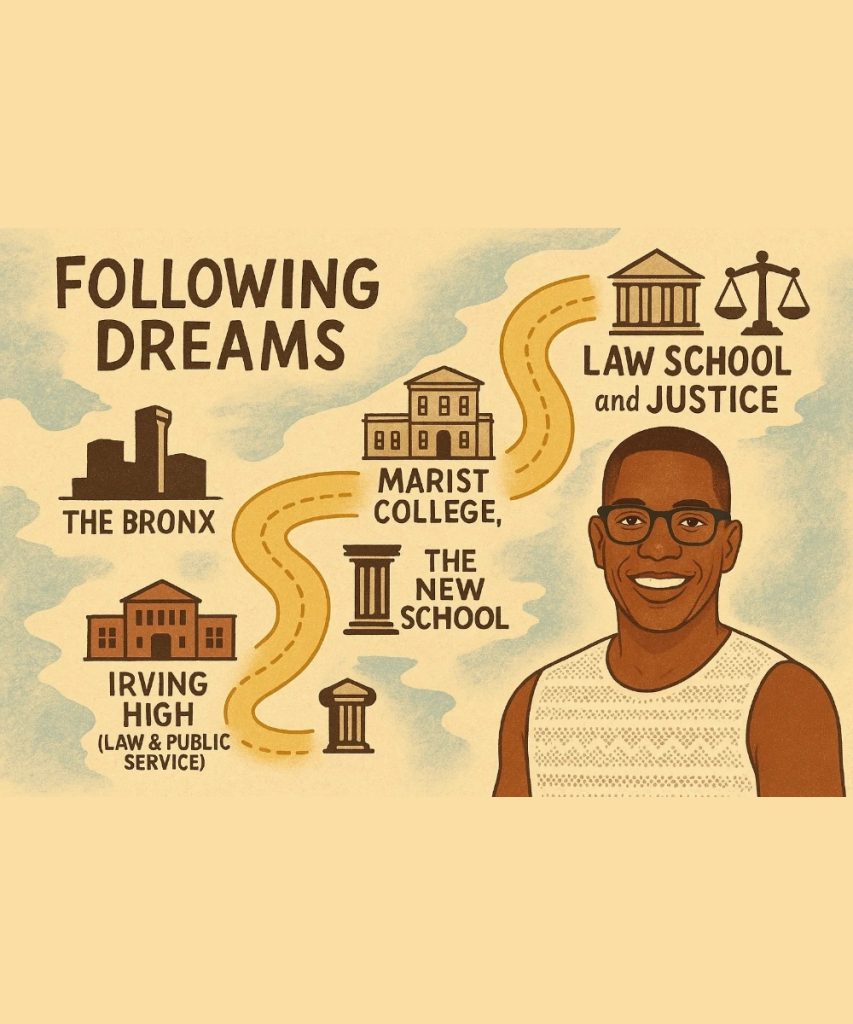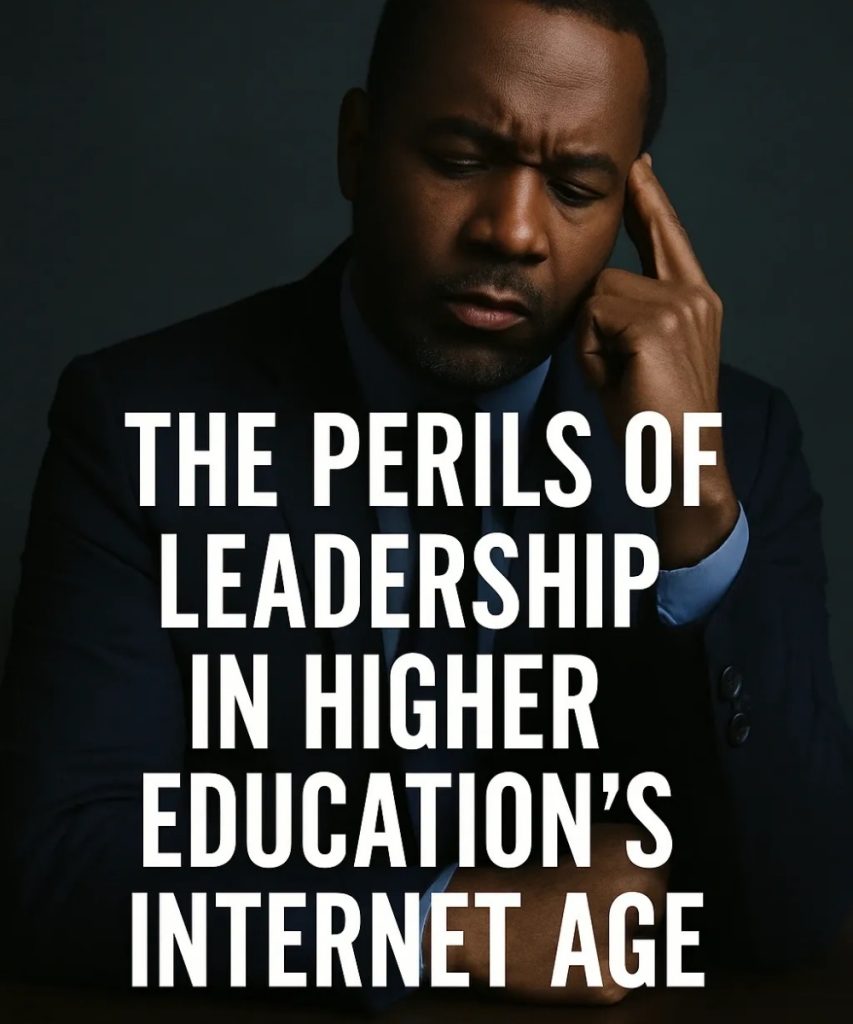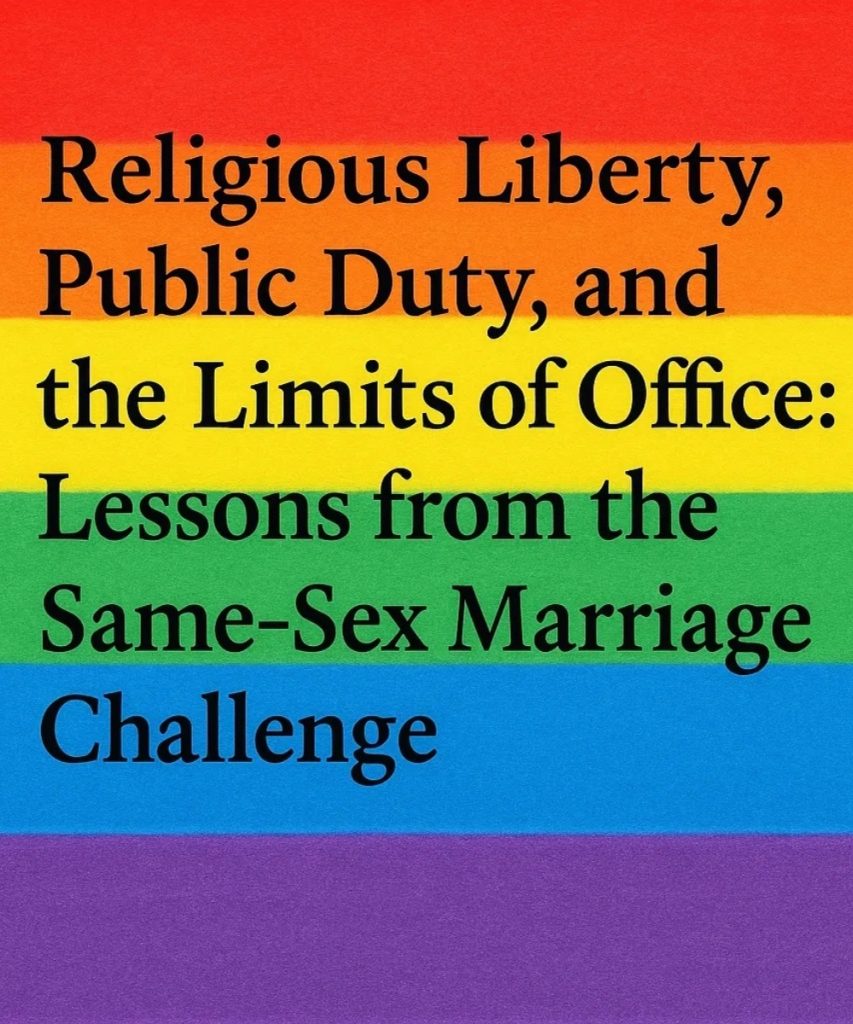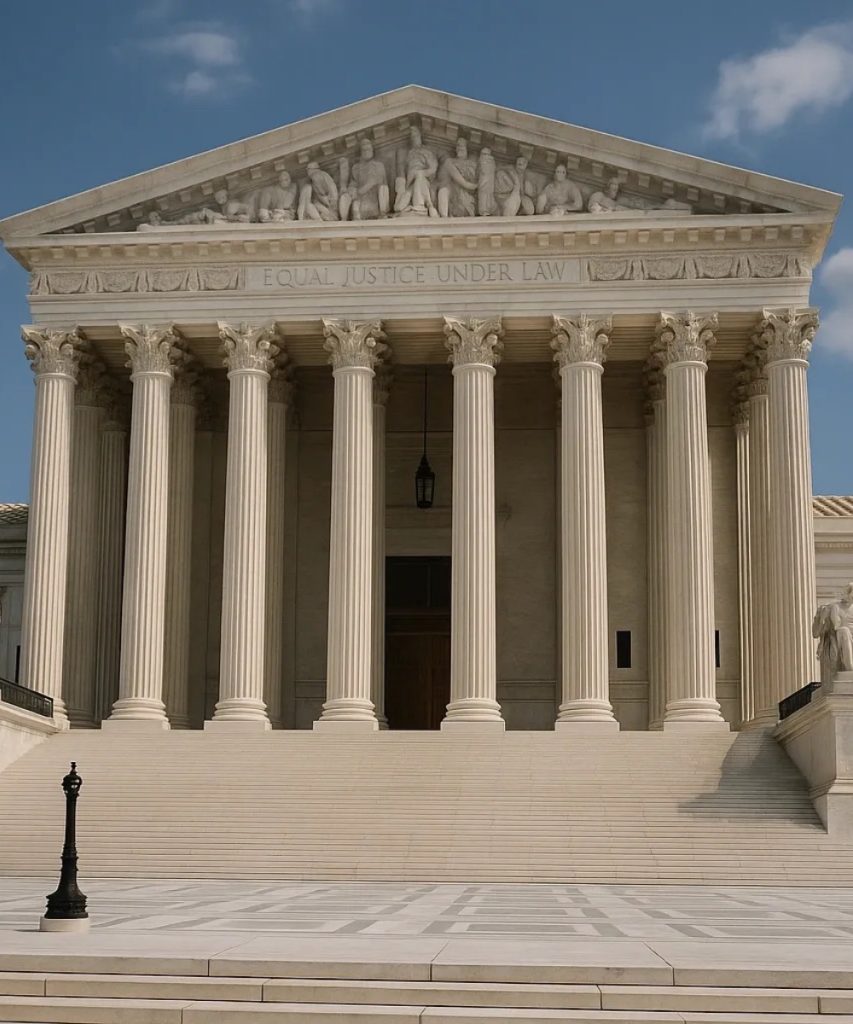If the 2024 election taught me anything, it is this. We must be deeply engaged in our communities, stand up for justice, advocate for those who are silenced, and educate ourselves and others. But equally important is the work we do within. Resting, reading, walking, laughing, exercising, going to the beach, and allowing ourselves the space to breathe and simply be.
Too often, those of us in the justice movement, working at nonprofits or higher education are running so hard toward the next fight that we forget to take care of ourselves. But the truth is, we cannot effectively combat fascism, authoritarianism, racism, or inequality, if we are not caring for our own wellness just as fiercely as we care for our communities.
For more than 20 years, I have put people first. I have sacrificed my own goals and dreams in the name of service. But I now know this is not real leadership. True leadership is grounded in passion, alignment, and wholeness.
Yesterday, I made the strategic decision to share that I have been accepted to several law schools.This is a pivotal moment for me and more importantly a moment that has called me to do my small part to fight to save our democracy.
This is more than an educational pursuit. It is a return to my purpose. A dream I have held since working at the law firm of Walsh and Sheehan LLP as a young high school student.
This next chapter will allow me to learn, grow, and live more authentically. Most importantly, it will allow me to serve others from a deeper and more grounded place.
Serving the people means serving myself too.
Here is to the journey ahead ⚖️ Following my dreams to law school




